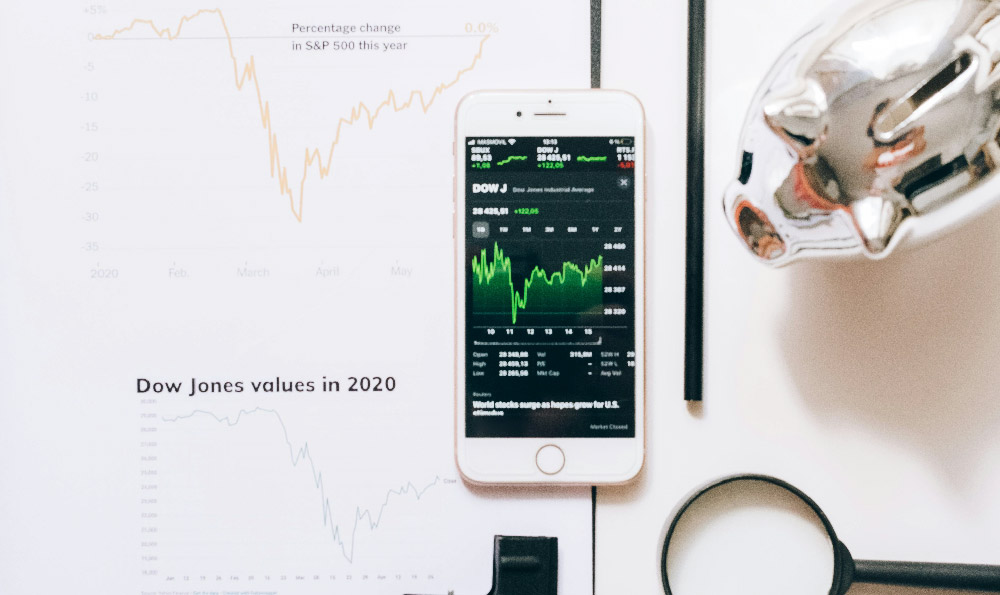Diddy, a name that resonates globally in the realm of entertainment and business, has carved a multifaceted career that transcends conventional boundaries. Known for his ventures in music production, record label ownership, and a plethora of commercial undertakings, his financial landscape is as diverse as his professional endeavors. The intricate web of his income sources offers a compelling case study for understanding how a figure in the entertainment industry can leverage multiple avenues to accumulate wealth, even amidst the complexities of legal scrutiny and market volatility.
At the core of Diddy's financial success lies his role as a pivotal player in the music industry. While he is widely recognized for his work as a rapper and producer, his influence extends to creating and managing music labels. Through these platforms, he not only earns royalties from artist performances but also generates substantial income by licensing music for commercials, films, and streaming services. The symbiotic relationship between his artistic ventures and business acumen allows him to extract value from both sides. For instance, his production work for prominent artists such as Lil Wayne and Jay-Z has given him a steady stream of income, while his ability to identify market trends has enabled him to invest in music copyrights that appreciate over time.
Beyond the music industry, Diddy's financial strategy includes a robust portfolio in entertainment company investments. His ventures, such as BAD company, have served as a hub for emerging artists, providing him with equity stakes and revenue from artist management fees. This approach aligns with the broader trend of investors capitalizing on the entertainment sector by funding talent development and leveraging their networks to secure lucrative deals. By creating a brand that encapsulates both music and lifestyle, Diddy has positioned himself to benefit from ancillary revenue streams, including sponsorship opportunities and merchandising sales.

The intersection of Diddy's entrepreneurial spirit and brand collaborations further amplifies his income. He has forged partnerships with established brands like Heineken, leveraging his celebrity status to promote products through high-profile events and influencer marketing. These collaborations are strategic, as they allow him to monetize his personal brand while generating exposure for the companies he represents. Additionally, his ventures into beauty products and other lifestyle sectors illustrate a calculated attempt to diversify his portfolio beyond the music industry. By integrating his marketing expertise with product development, he has created a unique value proposition that appeals to a broader consumer base.
Diddy's financial prowess is also evident in his ventures into the digital currency market. A notable example is his early investment in Bitcoin, which has seen exponential growth over the years. This decision highlights his ability to anticipate technological shifts and capitalize on them, despite the inherent risks associated with cryptocurrency trading. By diversifying his investments into blockchain-related projects, he has further expanded his financial footprint, demonstrating a forward-thinking approach to wealth management. This strategy is particularly relevant in an era where traditional financial instruments are increasingly complemented by digital assets.
Moreover, Diddy's network of high-profile associates plays a significant role in his financial landscape. Collaborations with fellow rappers, producers, and entrepreneurs often result in co-ownership of ventures or shared revenue from joint projects. This model not only enhances his financial returns but also fosters a sense of community and mutual benefit within the industry. The synergy between his personal brand and the brands of his peers creates a ripple effect, enabling him to access new markets and customer segments.
Additionally, Diddy's private jet and luxury lifestyle contribute to his financial profile. While these expenditures are often considered high-profile, they are also indicative of his ability to reinvest in his own success. The cost of maintaining such a lifestyle is offset by the visibility it provides, which is crucial for brand promotion and networking. This balance between personal spending and business acumen reflects a sophisticated approach to wealth accumulation, where every aspect of his life is strategically aligned with his financial goals.
Diddy's approach to financial management underscores the importance of diversification and adaptability in the modern economy. By not limiting his income sources to the music industry alone, he has created a resilient financial structure that can weather market fluctuations and economic downturns. His ability to pivot between different sectors, from traditional entertainment to digital finance, exemplifies the agility required to thrive in a dynamic financial environment.
In summary, Diddy's financial landscape is a testament to the power of entrepreneurship in the entertainment sector. His multifaceted career, spanning music production, brand collaborations, and investment strategies, illustrates a comprehensive approach to wealth generation. As he continues to navigate the complexities of the global economy, his story serves as a valuable example of how to leverage multiple income sources to achieve long-term financial stability and success.












